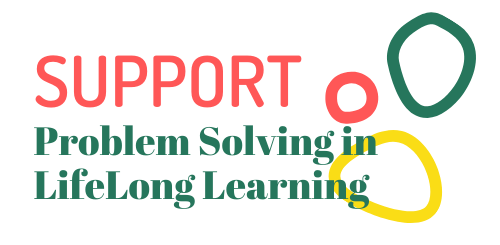What they learn must be relevant to their needs (e.g. work)
Solving the Problem: Activities for Learning Groups
Title of activity
Emotional reinforcement
Working on the activity – Suggestions
Title of activity
Increase Likelihood of Success to Build Mastery
Working on the activity – Suggestions
Solving the Problem: Self-reflection (educator’s reflection)
Points for Discussion with your Organisation
Suggested Training Course available online
